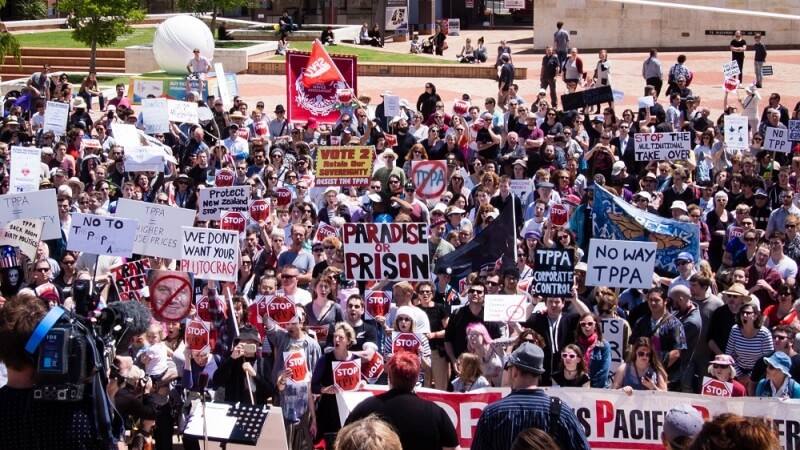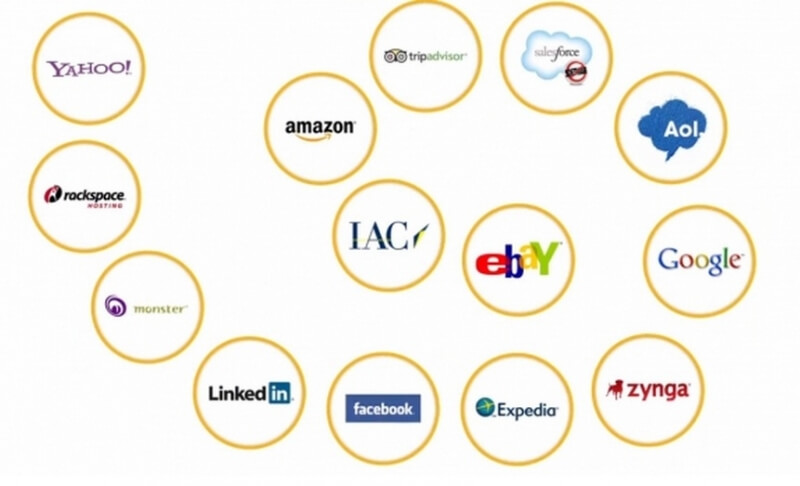When a deal was reached on the Trans-Pacific Partnership (TPP) last year, activists called the agreement the "biggest global threat to the internet," claiming it would bring massive new online restrictions around the world.
One of the many criticisms directed at the TPP is that it favors the interests of big businesses; part of the deal appears to state - using vague wording - that revealing corporate wrongdoings "through a computer system" will be made a crime. And while a number of companies have voiced their support of the plan, one holdout has been influential trade group The Internet Association (IA) - until now.
The IA, which counts Google, Facebook, Amazon, Twitter, Yahoo, Uber, and eBay among its members, has finally endorsed the controversial pact after previously expressing concern over certain elements, such as the intellectual property laws.

"The TPP recognizes the Internet as an essential American export," said Internet Association CEO, Michael Beckerman, in a statement. "Historically, pro-Internet policies have been absent from trade agreements, which is why the TPP is an important step forward for the Internet sector that accounts for 6 percent of the GDP and nearly 3 million American jobs.
"It will be critical that the TPP is implemented in a way that supports the Internet economy."
As part of the agreement, Australia, Brunei, Canada, Chile, Japan, Malaysia, Mexico, New Zealand, Peru, Singapore, and Vietnam have agreed to take on the various intellectual property and internet laws of the US.
The trade deal was signed on February 4 this year, but it faces opposition in congress, which still needs to ratify the agreement before it can come into effect.
